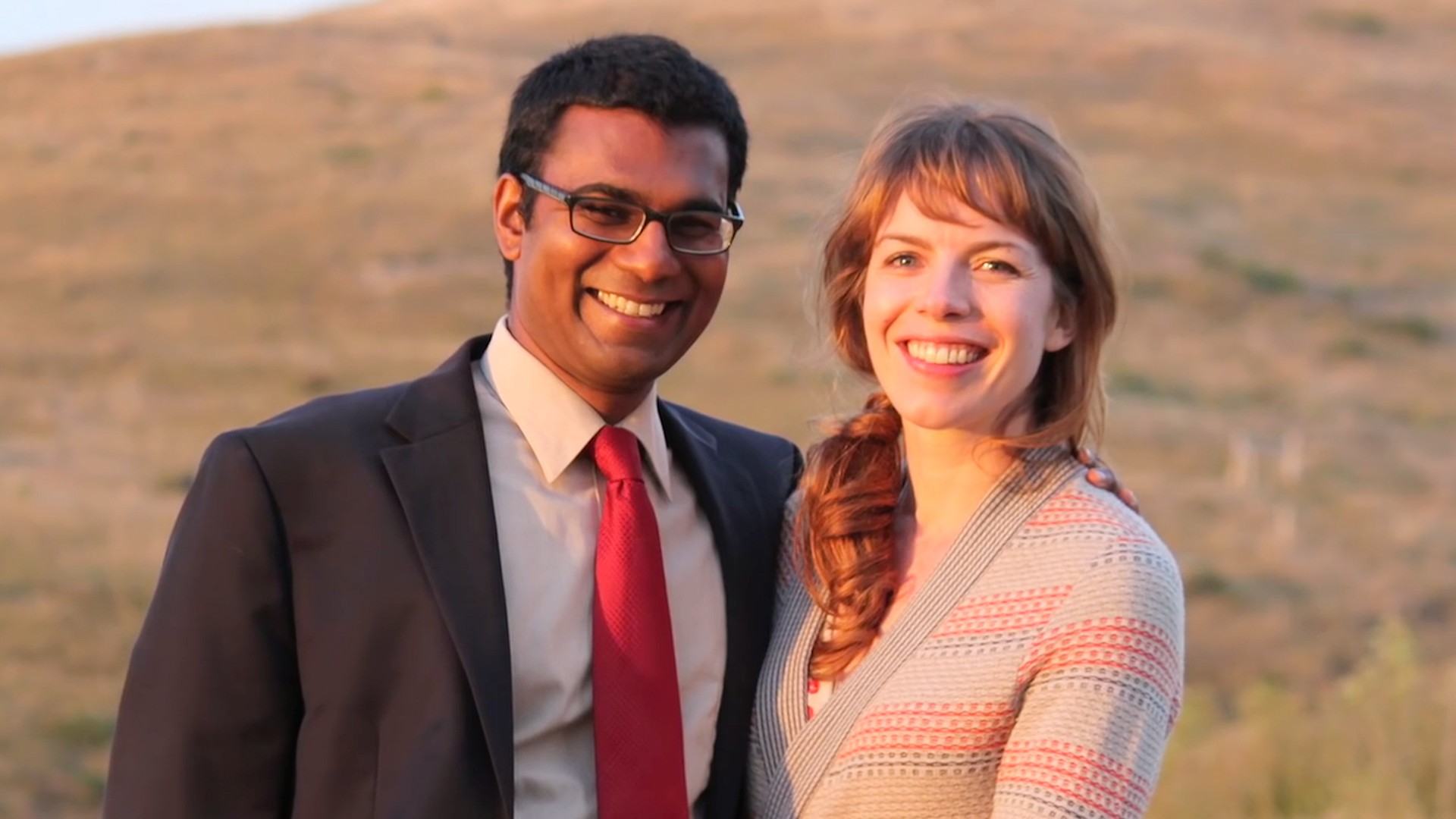Xavier Lalanne-Tauzia
Welcome to Coping, Episode Five.
Advertisement
Ask a therapist: How do I deal with my dad's death?
—KateA: Hi Kate,I am so sorry. Losing a strong and important presence in the family can feel incredibly difficult to manage, and I say that from both personal and professional experience. I unexpectedly lost my father when I was 17, and to this day find myself becoming emotional over the loss, especially when I think about how he's not here for various life milestones. Here are some of the coping mechanisms that have worked for me (and so many other people) in these moments:
- Talk about him with other people who are grieving the loss. Ask to hear their memories and favorite stories, and share pictures and other memorabilia. You may hear a new anecdote or see a new photo. I do this as a way to keep my father’s memory fresh. I like thinking about how loved he was and how full his short life was through their stories. to: Their stories remind me how loved he was and how full his short life was.
- Allow your body to experience the full range of emotions associated with the loss. For me, anger has always been the most difficult emotion—I didn't feel like it was fair to be angry at my father, but I was. Once I admitted that, I was able to move forward.
- Write. It can be especially hard to write when you're processing a big loss, but it's often an effective way to help you gain understanding and control of your emotions.
- Yup, therapy. There's such thing as grief therapists (Psychology Today has a good search tool for them). Support groups of people who are dealing with a similar loss can also be really helpful.
- Finally, know that there is no “right” amount of time to grieve the loss. Be gentle with yourself through this process and remember that it's totally personal to you. The goal is not to get over the loss but to learn how to cope with the grief.
Advertisement
Some stories:
- What it's like to lose your husband in your 30s
- Both my parents knew they would die before I turned 9.
- Dealing with grief is a personal thing. Some people go running, others turn to cannabis, and still others pour their pain into tattoo art.
Paul Kalanithi died from cancer in 2015. This is his story:

